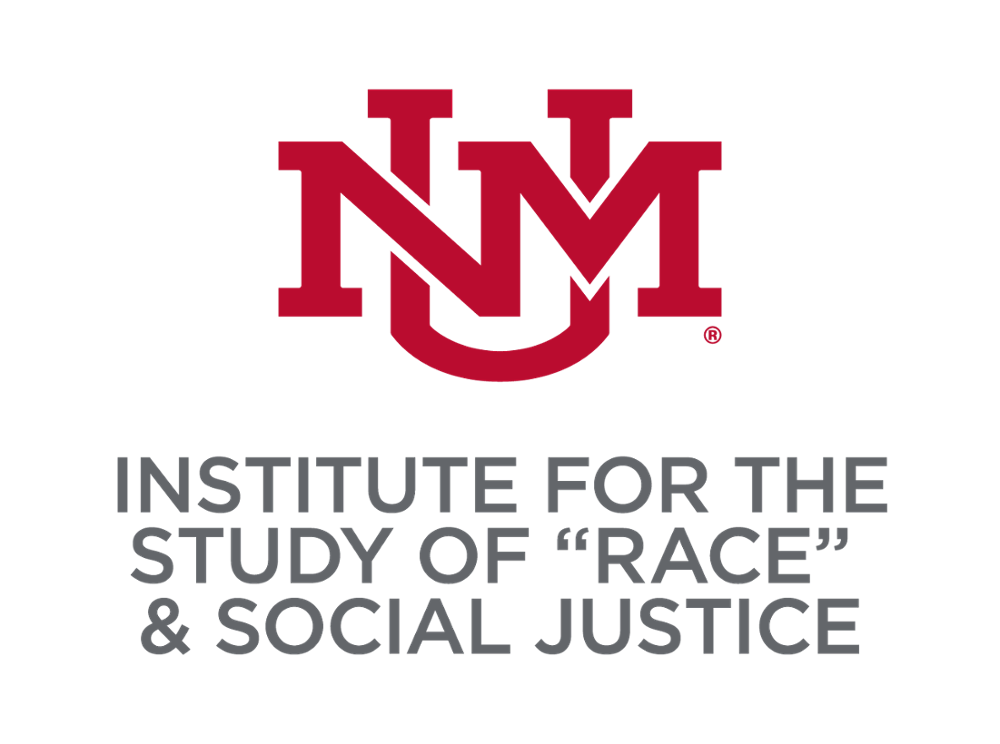Equity and Inclusion Effective Practices and Responsive Strategies
Equity and Inclusion Effective Practices and Responsive Strategies:
Guidebook for College and University Leaders
Dear colleagues,
I am writing to share the guidebook that I developed with colleagues from U. Pennsylvania on equity and inclusion for historically and traditionally underrepresented minority (URM) faculty. I first will provide a brief backdrop.
In 2005, I observed an impressive phenomenon which was the departure or revolving door from research extensive universities of traditionally and historically underrepresented minority faculty and mortality and morbidity unprecedented patterns that seemed to befall these groups.
I also began to hear "horror stories" from URM early career faculty and doctoral students of how difficult it was to feel accepted, valued and supported in academic institutions.
In working with the New Connections program of the Robert Wood Johnson Foundation focusing on URM early career scholars "access to success", and extensive travels during which time I met many URM scholars who were interested in my work, I decided to design a research project to understand what were those stories telling us about their lives in higher education institutions and why were the effects of those experiences so devastating to their careers.
As I was completing my book (Zambrana, 2018) and presenting my findings, the audiences were affirming my findings and asking what to do about this? How can we change the URM trajectory of derailment to a trajectory of success?
As a result, I embarked on a process of translational science and figuring out what were priority actions we could implement to start a process of change and transformation.
Completing these steps involved hearing from those highest in academic leadership to focus on what empirical research is telling colleges and universities about workable strategies for increasing the representation of-- and improving the climate for-- underrepresented minority faculty. What should we do or, perhaps, stop doing? How can higher education translate social science into everyday practice? Especially in light of shifting demographics and divided politics, how can higher education reliably produce equity and inclusion in support of the recruitment, retention and promotion of historically underrepresented minorities?
The University of Pennsylvania, in collaboration with the University of Maryland College Park, Consortium on Race, Gender and Ethnicity convened an invitational summit on Penn’s campus in September 2018. The conference was entitled : “Changing the National Conversation: Equity and Inclusion.” It convened a national group of over 100 presidents and provosts from private and public higher education institutions to discuss successful strategies and practices for producing, promoting and creating equity and inclusion on our campuses with a focus on the recruitment, retention and promotion of historically underrepresented minorities. We developed panels drawing on the results of the book to evoke solutions that would be amenable to leaders. In the end what we heard confirmed what we had empirically gathered from hundreds of reports on diversity, equity and inclusion across the nation.
The attached Guidebook is brief and has 5 areas of action: key, effective items to implement (14 pages), a section on 50 essential readings on URM and gender equity, and effective inclusionary practices. We also include 14 diversity strategic plans.
I am requesting that we use this resource within our universities and professional organizations. U of Pennsylvania is uploading it to their websites on their ODI and Faculty Affairs and I recommend that universities do the same. Excelencia for Education and the American Council of Education have agreed to upload to their websites. This guidebook is being sent to all conference attendees.
Thank you for your attention to this resource. I would be pleased to discuss with any of our UMD administrators or faculty.
Ruth Enid Zambrana, Ph.D.
University of Maryland
Distinguished University Professor
Interim Chair Department of Women's Studies
Director, Consortium on Race, Gender and Ethnicity
ADVANCE Fellow
TEL: 301-405-3447
For information on underrepresented minorities, please visit the Consortium on Race, Gender, and Ethnicity or click here.

